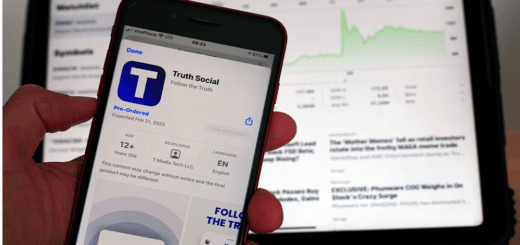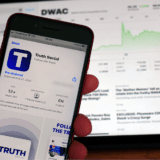In American Newsrooms, the Disinformation Beat is On the Rise
 In newsrooms across American, the disinformation beat is on the rise.
In newsrooms across American, the disinformation beat is on the rise.
Anyone who follows the business of news knows these operations assign reporters to various “beats.” At a typical newspaper or TV station, you might find reporters covering the police beat, the education beat or different levels of political coverage.
In 2022, more newsrooms are adding official disinformation reporters.
- This week Lauren Weber was appointed as an accountability reporter focused on disinformation at The Washington Post. The announcement said she will study and report on the “forces promoting scientific and medical disinformation on subjects such as vaccines, drugs, nutritional supplements and health-care treatments. She also will cast a critical eye on those who fail to “hold responsible those who profit from false claims.”
- This summer, NPR appointed a three-member team to cover disinformation issues. Consisting of Shannon Bond, Lisa Hagenand Huo Jingnan, the reporters were given a mandate to “seek out original, high-impact stories” and to work with other reporters researching issues related to the spread of disinformation.
- At NBC, Benn Collins and Brandy Zadrozny are reporters assigned to cover disinformation and misinformation. Based on recent stories, Collins has been focused on disinformation-focused technology issues while Zadrozny has been writing about relevant political issues.
- Davey Alba covers the disinformation beat at The New York Times. Her recent stories have focused on Covid misinformation and Russia’s information war.
Given the growing threat of false information and “alternative facts” it’s not a bad thing to see news organizations dedicating money and personal to track false narratives while working to set the record straight.
The challenge will be that news beats are most effective when reporters develop sets of reliable sources who help feed them relevant information. For example, court reporters come to know court clerks, who can help them monitor newly filed cases. Town hall workers may pass along details from town board meetings.
But… who can be trusted as a reliable source when a reporter is trying to untangle webs of false information? The country’s new disinformation reporters will find themselves walking a tough tightrope between competing interests. That means data-driven, provable information will be more important than ever to news operations, and disinformation reporters will also need to prove themselves as trustworthy interpreters of that data.












